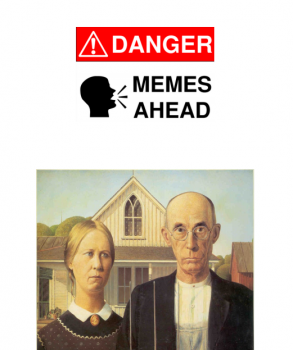Facebook is a complex web of rules and protocols used to categorize information, all designed by the company for the sole purpose of benefiting the company. It constantly monitors and evaluates its users, treating them as subjects in behavioral experiments. Although it appears to offer choice, in reality it manipulates users towards what it considers to be the best option for them, which also happens to be the path that leads to addiction. Facebook is not a democratic public forum but a carefully managed and controlled system from the top down. Although it resembles casual conversations, this is just a superficial characteristic.
The real source of Facebook’s power is algorithms, which can be compared to recipes, a series of steps that can be followed blindly. Unlike equations, which have a single correct answer, algorithms simply outline the steps to solve a problem, but do not provide insight into where those steps lead. The transformation of ideas into procedures and code is inherently simplified.
Algorithms are constantly evaluating us, making decisions about and on behalf of us. The problem is that when we delegate thinking to machines, we are actually delegating thinking to the organizations that operate them. Algorithms are by definition invisible, but we can often feel their presence through our interactions with machines.
This is a concerning trend, particularly for those of us in creative industries. If algorithms can replicate the creative process, there is no need to develop human creativity. Why struggle with the inefficient process of writing or painting when a computer can produce something similar and quickly? Why maintain a high demand for high culture when it could be produced so cheaply and in abundance? No human activity has been immune to automation, so why should creative endeavors be any different?
The engineering mentality has little respect for the appreciation of words and images, the mystique of art, moral complexity, or emotional expression. It views humans as data, system components, and abstractions. This is why Facebook shows no hesitation in conducting extensive experiments on its users, with the goal of making them predictable and easier to manipulate.
With this detached and calculated way of thinking, it’s easy to see why values such as privacy carry little weight, and why the inefficiencies of publishing and journalism appear ripe for disruption.


